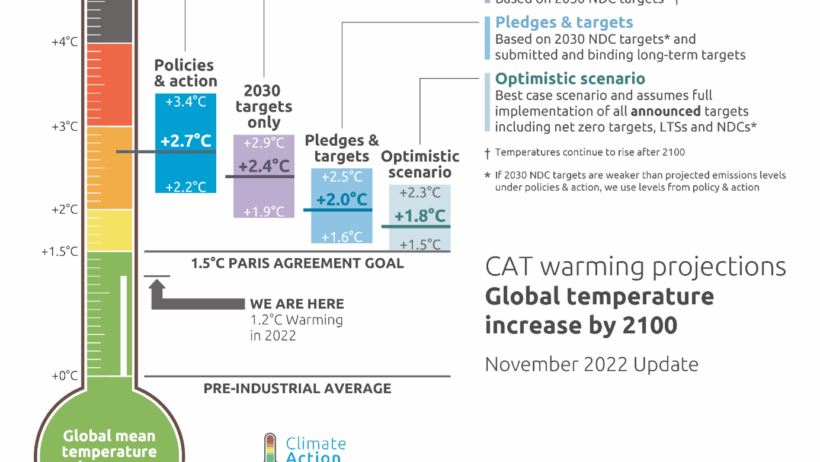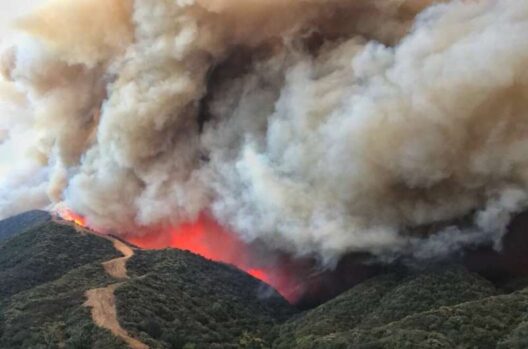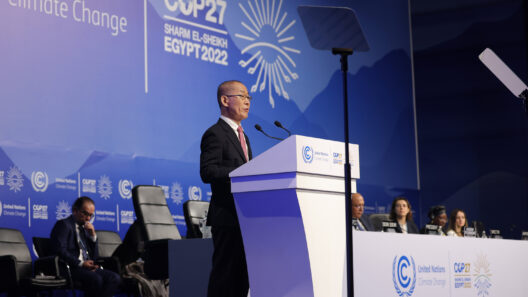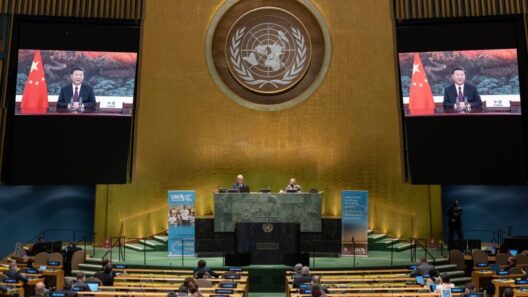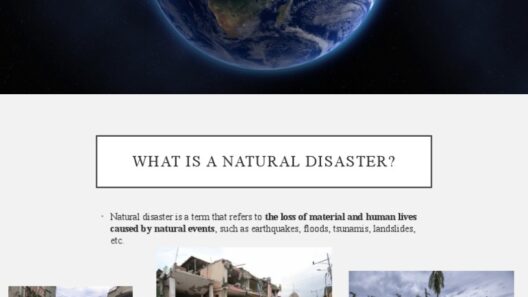The ocean, often regarded as the lifeblood of our planet, is undergoing a cataclysmic transformation, propelled by the relentless forces of global warming. With its vast expanse serving as a mirror reflecting the consequences of human activity, the seas are now grappling with an existential crisis. This predicament echoes the plight of a patient slowly succumbing to fever, its vibrant hues cloaked in shadows of distress. The intricate relationships that define marine ecosystems are unraveling, threatening the delicate balance that sustains life both below and above the water’s surface.
As temperatures rise, the oceans are experiencing a cascade of alarming phenomena. Ocean warming is not merely a statistical anomaly; it is an urgent alarm bell signaling the dire state of our planet. The average sea surface temperature has increased significantly over the past century. This warming has far-reaching implications for marine biodiversity, affecting everything from phytoplankton to the majestic blue whale. Marine species, once accustomed to stable environments, now find themselves in a rapidly changing world, akin to actors in a Shakespearean tragedy, forced to adapt to an unpredictable script.
In addition to heating, ocean acidification emerges as a silent sentinel of the deep. When carbon dioxide (CO2) is absorbed by seawater, it reacts to form carbonic acid, lowering the pH of the ocean. This chemical shift poses a critical threat to calcifying organisms, such as corals and shellfish, which rely on calcium carbonate to build their protective shells. Consider coral reefs, often dubbed the “rainforests of the sea,” teeming with life. Yet, as the bedrock of marine ecosystems, these reefs suffer from bleaching events triggered by elevated temperatures and acidification. What was once a vibrant tapestry of colors now appears as a stark graveyard, echoing the melancholy of nature’s fading beauty.
The implications of ocean warming extend beyond individual species to entire marine food webs. The displacement of keystone species can generate a domino effect, disrupting predator-prey relationships and leading to unforeseen consequences throughout the ecosystem. For instance, sardines and anchovies, vital forage fish, shift their distributions in response to changing temperatures, displacing larger fish populations reliant on them for sustenance. This upheaval can translate to diminished fish stocks for human consumption, heightening food insecurity in coastal communities already vulnerable to economic instability. The ocean’s bounty is not merely a natural resource; it is a crucial livelihood for millions, and the impending collapse of these fisheries manifests a grim prospect for future generations.
Furthermore, the rising seas themselves tell a story of climate reckoning. Sea level rise threatens coastal cities, rendering them susceptible to inundation. As glaciers and ice sheets melt, they contribute to this relentless swell. Coastal erosion, driven by stronger storms and higher tides, irrevocably alters landscapes that have stood for millennia. Imagine a sentinel lighthouse, once steadfast against the tides, now engulfed by encroaching waters—a poignant metaphor for human fragility against nature’s might. In turn, vulnerable populations face displacement, forced migration, and an identity crisis as their homesteads dissolve into the ocean’s grasp.
As we examine these intertwined threads, the narrative of the ocean’s crisis propels us toward a collective reckoning. Our sea’s plight underscores a stark truth: the health of our oceans correlates directly with the future of humanity. The ocean not only harbors incredible biodiversity but regulates climate patterns, absorbs considerable CO2, and generates half of the world’s oxygen. It is a sentient being, tirelessly working to sustain life. Yet, in our pursuits, we have overlooked its needs, treating it as an inexhaustible resource rather than a sacred entity deserving of stewardship.
However, all is not lost. Amidst the adversity, global efforts toward conservation and restoration emerge as beacons of hope on this tumultuous horizon. Initiatives aimed at reducing carbon emissions and establishing marine protected areas are pivotal in the battle against ocean degradation. By fostering resilient marine ecosystems, we can enhance their capacity to withstand the ravages of climate change. Imagine these protected areas as sanctuaries, allowing marine life to thrive while serving as baselines for future restoration projects.
Innovative approaches, such as sustainable fisheries management and regenerative ocean farming, depict a promising path forward. These methods not only seek to replenish fish stocks but also emphasize the importance of maintaining ecosystem integrity. Moreover, raising public awareness about the interconnectedness of our actions and the health of the seas is paramount. Education empowers individuals and communities, fostering a sense of responsibility toward our oceans.
As guardians of the planet, humanity must rally to ameliorate the ocean’s plight. The collective will to confront climate change is vital; our actions echo through ripples that extend far beyond our immediate surroundings. The ocean’s crisis is but a reflection of our greater environmental challenges. To restore balance, we must embrace sustainable practices and advocate for policies that prioritize ecological integrity over economic gain.
In conclusion, the ocean’s crisis serves as a profound reminder of our shared vulnerabilities in an ever-changing climate. The integration of knowledge, action, and compassion can forge a resilient future, where the whispers of the tide remind us of our responsibility to protect this vast blue expanse. Now is the time to act, for the oceans are not just a destination; they are fundamental to our very existence. Embracing this truth can inspire a movement toward sustainability, ensuring that the ocean remains not only a canvas for beauty but also a sanctuary for generations yet to come.



